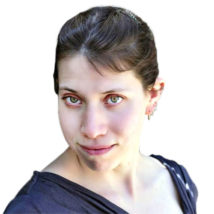
Bethany Brookshire was a longtime staff writer at Science News Explores and is the author of the book Pests: How Humans Create Animal Villains. She has a B.S. in biology and a B.A. in philosophy from The College of William and Mary, and a Ph.D. in physiology and pharmacology from Wake Forest University School of Medicine. She was a 2019-2020 Knight Science Journalism Fellow at MIT, the winner of the Society for Neuroscience Next Generation Award and the Three Quarks Daily Science Writing Award, among others.

All Stories by Bethany Brookshire
-
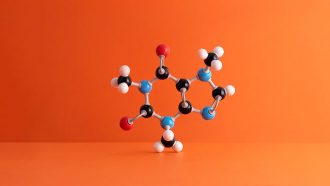 Chemistry
ChemistryScientists Say: Bond
In chemistry, this attachment between atoms forms because of the power of attraction. Chemical bonds make up every solid object on Earth.
-
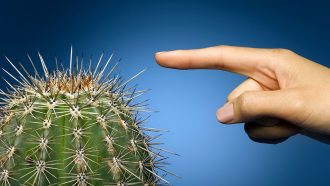 Brain
BrainLet’s learn about touch
Most senses are concentrated around your head. But touch all over your body, and you need every inch.
-
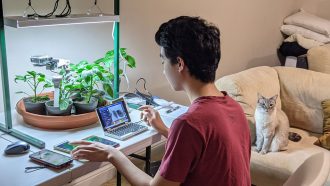 Agriculture
AgricultureNew technologies might help keep drought-prone farms green
After learning how much damage drought can do to crops, two teens designed ways to detect a thirsty plant and make sure it gets enough water.
-
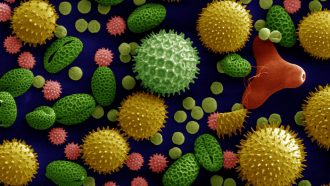 Plants
PlantsScientists Say: Pollen
Pollen is a mass of tiny reproductive cells. These grains combine with egg cells to form seeds — but on the way, they can make some people miserable.
-
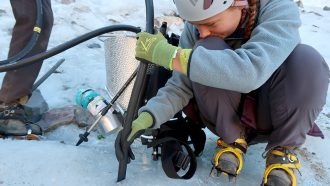 Environment
EnvironmentLocal glacier could be gone in a decade, young scientist finds
A teen calculated the volume of a glacier by drilling into it with jets of steam — then used that to estimate how long before all its ice will be gone.
-
 Computing
ComputingWill this smartphone app become your exercise coach?
When one teen couldn’t go to the gym, she invented an app to bring her gymnastics coach to her home. She succeeded and won a major award for it.
-
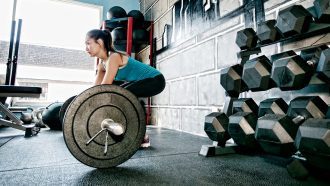 Chemistry
ChemistryScientists Say: Metal
Metals are substances that can be elements, alloys or compounds. They all conduct heat and electricity and can be formed into different shapes.
-
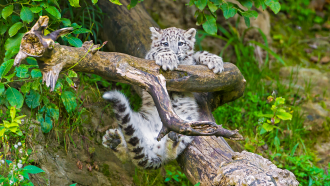 Life
LifeScientists Say: Genus
A genus is a group of closely related species. It’s the first part of the two-part system called binomial nomenclature, used to name living things.
-
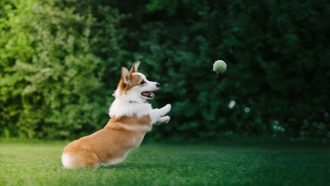 Life
LifeLet’s learn about dogs
From learning the names of their toys to sniffing out viruses in human sweat, dogs are far more than household pets.
-
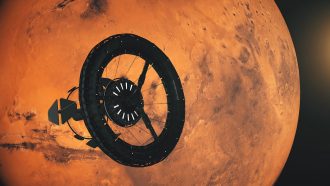 Physics
PhysicsStaying grounded in space requires artificial gravity
On TV, people in space walk around like they’re on Earth. How can science give real astronauts artificial gravity? Spin right round, baby.
-
 Chemistry
ChemistryScientists Say: Alkaline
Alkaline chemicals are basic — substances that produce hydroxide ions in solution.
-
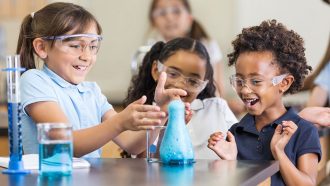 Chemistry
ChemistryLevel up your demonstration: Make it an experiment
What’s the difference between a demonstration and an experiment? Questions, measurements and many, many replications.